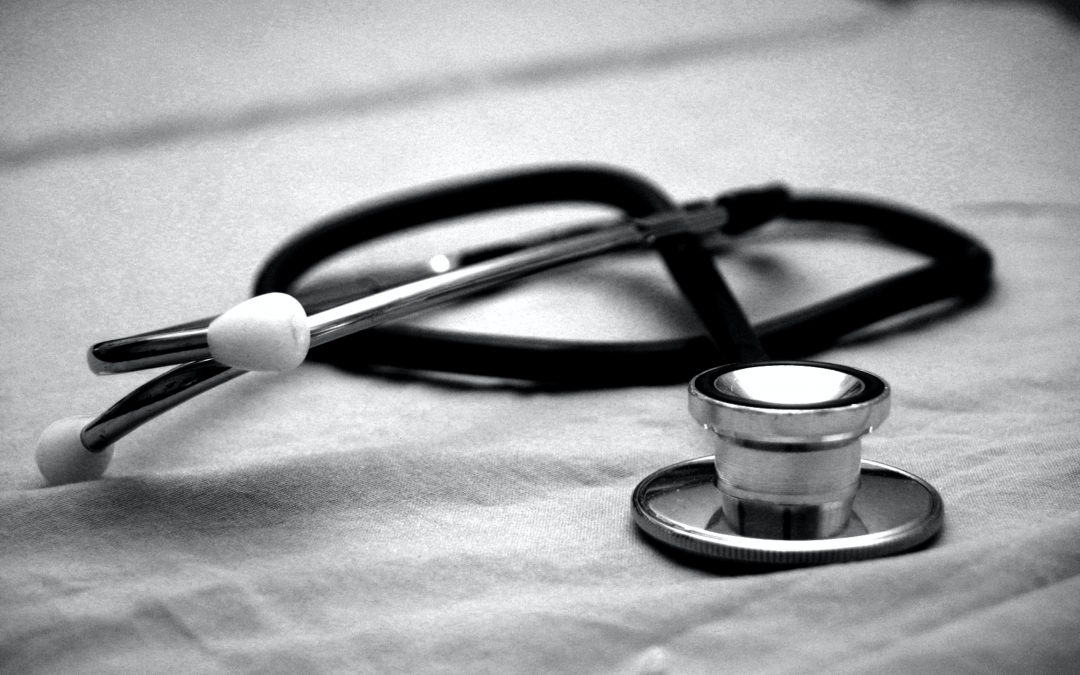California has two governing boards that regulate doctors and those who practice medicine. The Medical Board of California and the Osteopathic Medical Board of California serve to ensure that all doctors and physicians can provide the proper care and have the correct licenses to practice medicine. These boards also handle investigations into complaints of doctors and physicians, so having a strong relationship with the board is essential. Handling medical claims is extremely hard without the proper legal knowledge and help- here’s what you need to know about medical claims.
Medical Board Investigation Process
Once The Medical Board of California hears a complaint, an investigation will be launched into the doctor or practicing physician. The board handles a wide variety of cases and accusations which include:
-Gross negligence
-Improper care of a patient
-Convictions, such as driving under the influence, drug possession, petty theft, or fraud
-Failing to adequately supervise a nurse or physician extender
-Sexual misconduct or inappropriate physical contact
The medical board takes all accusations and complaints seriously and will investigate each complaint to the fullest extent. The board is most concerned with the mental health of the acting physician, so DUI’s and drug use are taken very seriously by the California Medical Board. Medical professionals who work to care for patients under the influence of drugs could lead to license suspension. Likewise, a DUI could result in a license suspension. The board will also investigate claims about fraud or incorrectly filing insurance claims in order to get more money. This could lead to disciplinary action, as well as license suspension.
California Medical Board Enforcement
Once the board receives a complaint about a physician or receives a notification of an arrest or other type of conviction, the complaint will be sent to be reviewed by the Central Complaint Unit. This unit is in charge of reviewing complaints to deem whether or not the complaint is valid. If the CCU believes that there is sufficient evidence surrounding a complaint, an investigation will be launched. Once the CCU investigation is complete, they will notify the doctor and the board of their findings and whether or not the physician had violated their terms. The doctor will always have the right to fight the accusation that has been brought up against them. A hearing will take place between the doctor and the Office of Administrative Hearings. The hearing will be overseen by an administrative law judge who will determine whether or not the doctor had violated their terms. After this process, the board will then review the ruling and determine the punishment from there.
At this point in time, the doctor will have 30 days to request that the decision be appealed and reconsidered. If the doctor is still not satisfied with the board’s decision after the doctor’s appeal, the doctor may then fight the punishment in court. Whether a doctor has been accused, is in the process of appeal, or wants to fight the decision, hiring an experienced attorney is vital. Licensed professionals need the help of a legal expert once an accusation has been made.
What can happen after the case?
Once an investigation is completed, the board will have a variety of disciplinary actions to take. The board will post the accusation to their website as well as notify their workplace of the actions that had occurred. Depending on the severity of the violation, the board could issue a public reprimand or go as far as revoke a license. Public reprimands are the least harmful punishment the board could give to a physician. A public reprimand is a public statement posted on the board’s website when a doctor had violated a minor law and had caused no harm to the patient. A common punishment given to physicians is a period of probation, which could include an extra educational course being taken by the defendant, having their practice monitored, and/or restrict the scope of practice. Restricting the scope of practice would be given as punishment for more severe violations. Once the physician completes their required probation or coursework, they will be granted their license back into the unrestricted state as before. Any probation violations could likely result in permanent license revocation.
Depending on the circumstances of the violation and how severe it is, the board could decide to suspend or permanently revoke the physician’s license. If the physician’s license is suspended, they are not allowed to practice their business until the suspension time is completed, or is fought in court. The board could also order an interim suspension, in which the board will have a hearing to decide whether or not to suspend the physician’s license. The board will have 15 days to file an interim suspension and have 30 days to hold the hearing. In the most severe cases, a physician can have their license revoked. In these circumstances, the physician may not appeal for reinstatement until 3 years later. Before any hearing even starts, a physician should call an attorney for legal help. Medical defense claims are complex, time-consuming, and typically are not won without proper legal help.
Contact Pride Legal
If you have been accused of a medical violation, we invite you to contact us at Pride Legal for legal counseling or any further questions. To protect your rights, hire someone who understands them.

